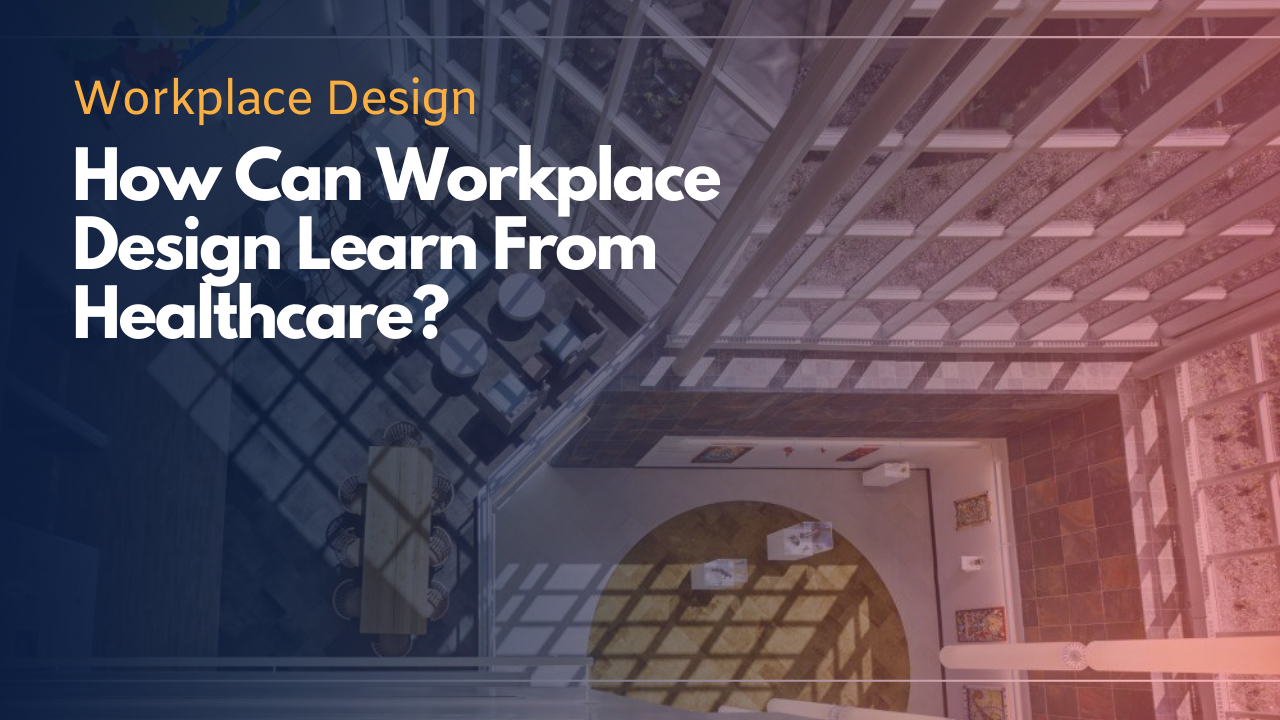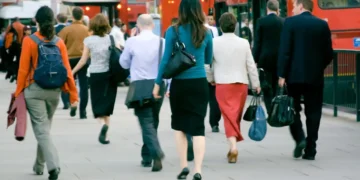- The UK government has once again advised employees to work from home, which puts many people in a challenging and stressful situation.
- 37 percent of Londoners in shared houses have been working and sleeping in the same room during lockdown.
- A more viable solution is to work near home in localised offices, enabling employees to work productively without compromising on wellbeing.
Written by Eugene Tavyev, founder and CEO of flexible office marketplace Spacepool.
COVID-19 has had a major impact on our workplace practices, and proved that millions of employees are perfectly capable of working remotely, productively. Working from home has undoubtedly been a good thing for those who live very far from the office, allowing them to save precious time and money and in some cases, even their jobs.

But for some, it has been a difficult experience.
According to recent research by the London School of Economics and Pocket Living, young Londoners living in shared properties had just over nine square metres of personal space to themselves during lockdown, and 37 percent of Londoners in shared houses have been working and sleeping in the same room.
The latest government announcement advising people to work from home came at a time when many companies had already started to cautiously encourage their employees to return to the office.
For many, being back in the office meant getting back some of their routine and aspects of their social life, as well as being able to work from a place specifically designed for the nature of their work. Yet now we’ve been asked to take a step back and once again work from home to avoid another lockdown.
In the absence of a vaccine, is working from home a viable mid-term solution or is there room for an alternative?
Localised approach to working
Given that public transport is a major concern for many, a more localised approach to working would make sense, while also helping local businesses and ensuring people can work safely outside of their homes.
Unsurprisingly, few are keen to return to their pre-COVID daily commute. But what if employers gave them the option to work near home, a place that they could cycle or even walk to?
To some, this may seem like a bold suggestion. But offices in less conventional locations, including some traditional residential areas in London, have been springing up for quite some time, signalling growing demand.
Some may argue that this creates an additional headache for businesses, forcing them to fork out extra funds to pay for more office space when in fact, they need less of it. It’s actually quite the opposite – at least a partial switch to local flexible offices could help companies ‘rightsize’ and only pay for what they use.
Given the expense of renting office space in traditional business hubs, like the City or the West End, now could be a good time for companies to rethink their real estate approach and channel their savings to other business priorities.
We are already seeing examples of this.
BP is currently planning a drastic reconfiguration of its offices, which could result in a 50 percent reduction in its current property portfolio in some locations. It’s believed that the company is considering an exit from up to three quarters of its existing offices in some countries in favour of smaller, flexible offices.
Before the outbreak of the pandemic, Investec bank took 150 desks in a flexible space in London, while social media platform Pinterest chose to establish its HQ in a flexible office.
Working from home is not a viable long-term option
If we’re serious about fostering productivity, supporting mental health and encouraging a better work-life balance, working from home over the medium to long term is not a viable option.
According to a recent survey by The Office Group, 59 percent of respondents said that while at home, they were working longer hours, which pushed some of them closer to burnout.
Working from home during lockdown has been particularly hard for women and young people, according to a recent study by King’s College London, because of concerns about job insecurity, isolation and in some cases, even domestic violence. Further adding to the problem is that many young professionals can’t afford to rent let alone buy a home, and are forced to live in house shares with two or three other people.
We also need to encourage people to spend to help revive the economy, seeing as Britain’s prolonged working from home has had a devastating impact on thousands of small businesses including cafes, restaurants and shops.
We need a sensible approach that would involve a compromise between working from home and returning full-time to the office. To that end, smaller, local offices should become the new normal while a cure for COVID-19 is secured.
Eugene Tavyev is the founder and CEO of Spacepool, a flexible office marketplace. Spacepool connects businesses with a variety of offices and workspaces for businesses of all sizes, including start-ups, scale-ups and established organisations.



 Dr. Gleb Tsipursky – The Office Whisperer
Dr. Gleb Tsipursky – The Office Whisperer Nirit Cohen – WorkFutures
Nirit Cohen – WorkFutures Angela Howard – Culture Expert
Angela Howard – Culture Expert Drew Jones – Design & Innovation
Drew Jones – Design & Innovation Jonathan Price – CRE & Flex Expert
Jonathan Price – CRE & Flex Expert












